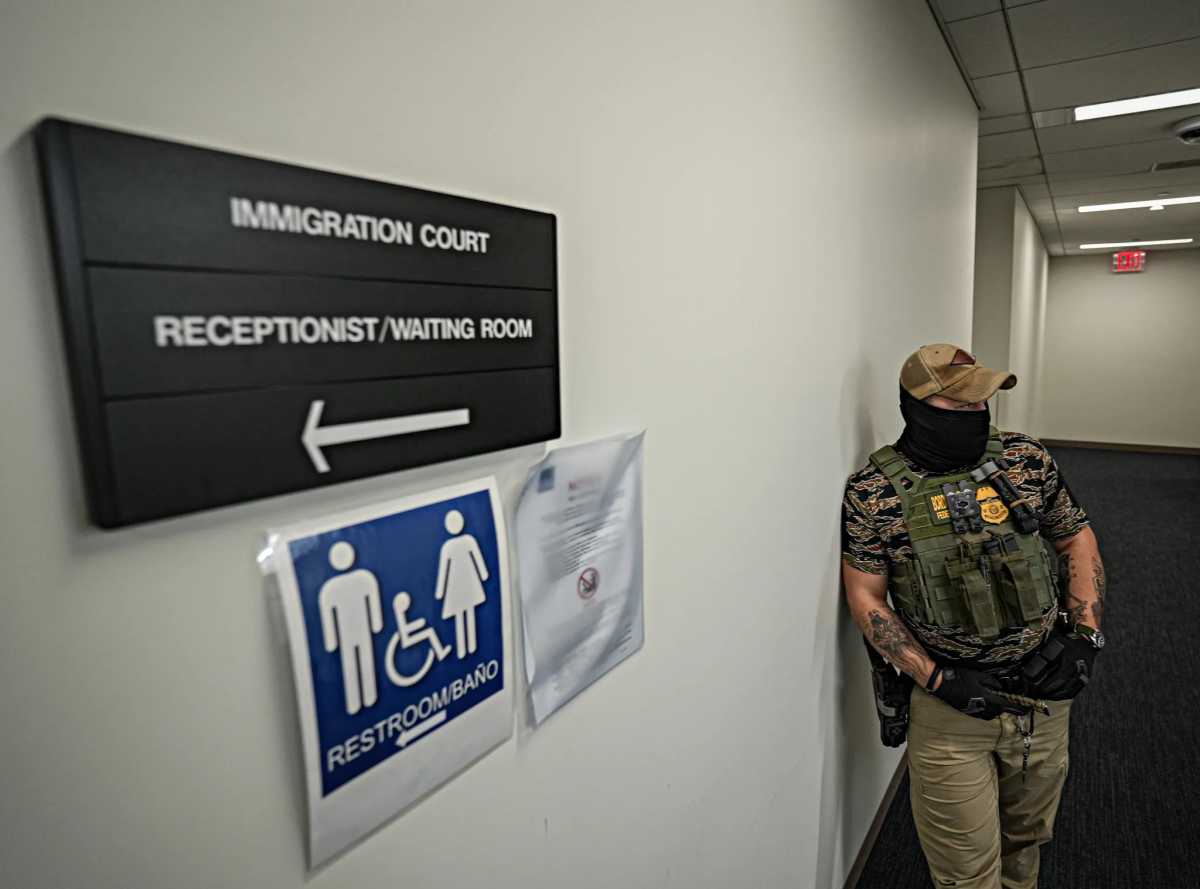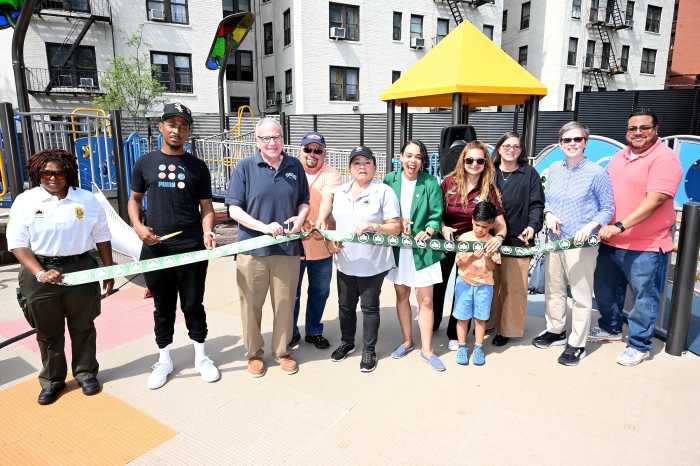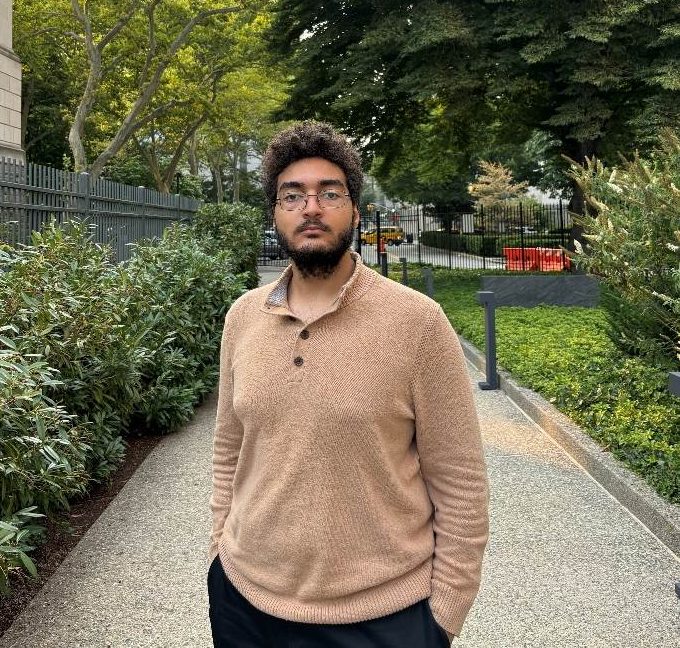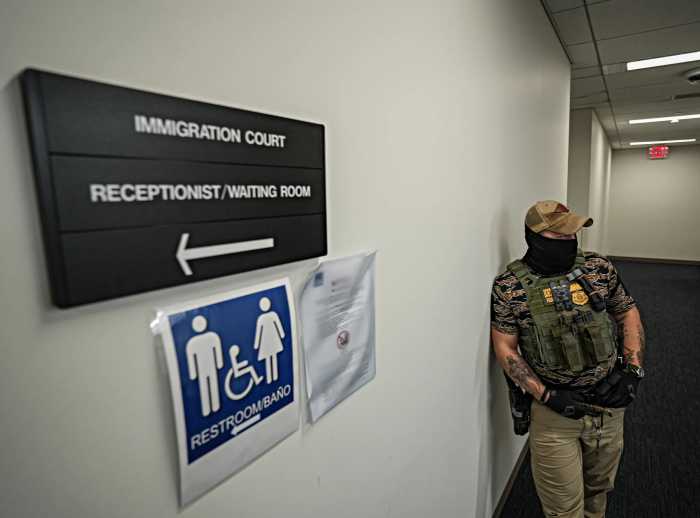
Many New Yorkers look away when they pass a homeless man or woman begging for change.
It’s clear that Mayor Bill de Blasio and first lady Chirlane McCray don’t want to look away anymore. Their efforts to tackle the city’s mental health system with special attention to those who are homeless are important and undoubtedly sincere. Announcing a focus on these complex issues is a mandatory first step.
But their sincerity has to be matched with expertise, thoughtfulness, creativity and a sensible, unified approach.
So far, the city’s efforts have been piecemeal — with sections of the puzzle missing, and without the glue to put the puzzle together. They’re quick moves based on troubling news reports and greater discussions about the higher visibility of homelessness, rather than a thoughtful, comprehensive solution to a multipronged problem.
Thursday, de Blasio unveiled a $22 million effort to help the hundreds of people who are mentally ill, homeless and have violent tendencies. The plan will create a “hub” for coordinating city agencies. Response teams will work directly with those at risk. The goal is to get them treatment and, more challenging, to help them continue it.
This is City Hall’s latest in a series of incremental steps to address mental health concerns, including McCray’s $30 million program to connect service providers with residents of low-income neighborhoods. Police Commissioner Bill Bratton also said that up to 10,000 officers will be trained to work with people with mental illness.
It all seems more humane, with the potential to help those who need it. But the plans lack details on issues such as housing, which de Blasio says he’ll chart come fall. And even with the best of intentions, no one can force homeless people off the streets or into mental health care, and it’s unclear how de Blasio’s plans will work in practice.
These issues matter. But the answers can’t come from hasty attempts to meet demands for fixes to big problems. To succeed, the mayor must be smart and thoughtful, surround himself with expertise and learn from what others have done well. Then, perhaps, the puzzle can come together, and people will stop looking away.





























